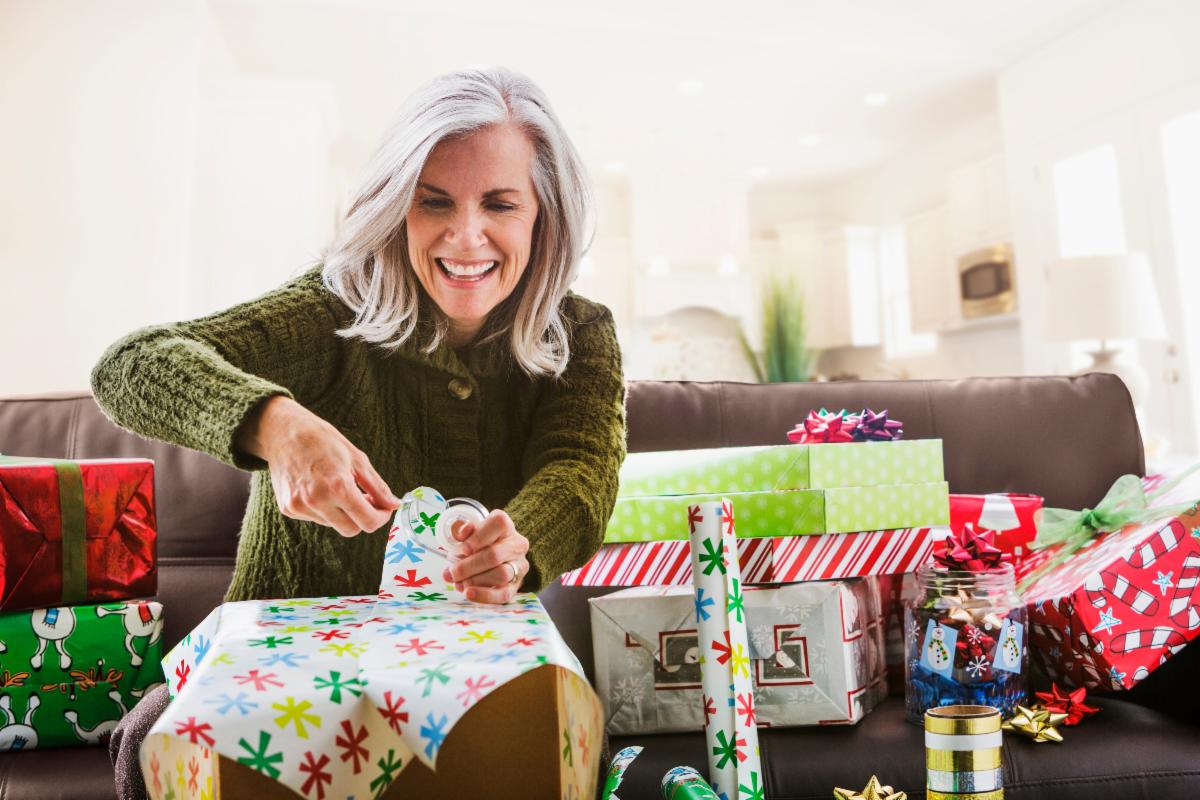Jan M. Zacharjasz, Professional Certified Coach and Principal of Coaching for Resilience, joins Slutsky Elder Law as a Guest Contributor
The holidays are filled with lots of excitement and anticipation – What should I get my partner that will totally surprise him/her? How can I make the most delicious meal ever? How can I make sure everyone gets along and has the best time? Despite our best intentions, the holiday season often brings with it overwhelm, unattainable expectations, and STRESS! So, how can you honor your intentions for your loved ones during the holidays while also honoring your needs?
To cope with holiday stress, here are 5 ways to give yourself the best gift this holiday season: the gift of resilience!
- Create a Theme for Yourself
What’s most important to you this holiday season? Does it involve relaxing, togetherness, feeling calm, or exercising? Whatever it is, jot it down and let it be your guiding principle as you decide what to do or not do. Let go of past holidays and look to the future. Changes are a part of life. This type of self-regulation enables you to make good choices that are aligned with your current priorities and helps prevent overwhelm. - Let Go of Perfection
By following your guiding principle, you will inherently have to let go of some things. Use your wisdom – where can you let “good enough” be ok? Imperfection is healthy and normal and “perfection is the enemy of the good.” Manage your expectations and take a break when needed. Can you live with store bought cookies instead of home-baked ones? Keep it SIMPLE so you can focus more on quality time with loved ones. Research shows that genuine happiness is about how we feel inside, not how much we do. - Accept All Feelings and Be Creative
Accept all your feelings – the happy and sad ones. You may be missing someone dearly this holiday season. It’s ok to cry. Research shows the more willing you are to accept and feel your feelings, the more quickly you can heal. Use your creativity to include missing loved ones in your holidays. Use your late mother’s china to serve your holiday meal, wear her favorite pin, place a photo of your deployed military grandchild at the dinner table. - Express Gratitude and Generosity
Pay attention to the small things, the good moments, and celebrate them. Tell others what you appreciate about them, start your day with three specific things you’re grateful for, or text a friend to thank them. The simple act of looking for what you’re grateful for releases the “feel good” neuro-chemicals and lowers the “feel bad” ones. Practice generosity. Research shows that altruistic acts light up the same pleasure centers in the brain as food and sex! When you donate in someone’s honor, this selfless act contributes to your physical and mental health, too. - Respond with Kindness
Being kind is the most generous gift your can give, and it’s free. Being alone during the holidays is difficult. Consider inviting someone who is alone to your holiday meal. Or volunteer for a new perspective. And exercise self-compassion, essential for having compassion for others.
As much as we value the holidays, the bar for celebrating them is also high. Regardless of what you feel during the holidays, you can accept your feelings, no matter what they are, to aid in your healing. Include missing people in your holidays creatively and intentionally. Choose your guiding principle, let go of perfection, and keep it simple. Gratitude, generosity, and kindness are the gifts that keep on giving and boomerang back to you. This season, leave guilt behind and give yourself the gift of resilience!
For more strategies for building resilience, visit www.coachingresilience.com or email jan@coachingresilience.com. To schedule a free consultation with Jan, click here: https://bookwithjanforresilience.as.me/
Jan M. Zacharjasz is a Professional Certified Coach and helps people in mid to later life effectively manage change, loss, and burnout with confidence and resilience so they can regroup, recover, and thrive moving forward. Jan provides individual coaching, experiential workshops on resilience and successful aging, and life purpose and energy assessments.

